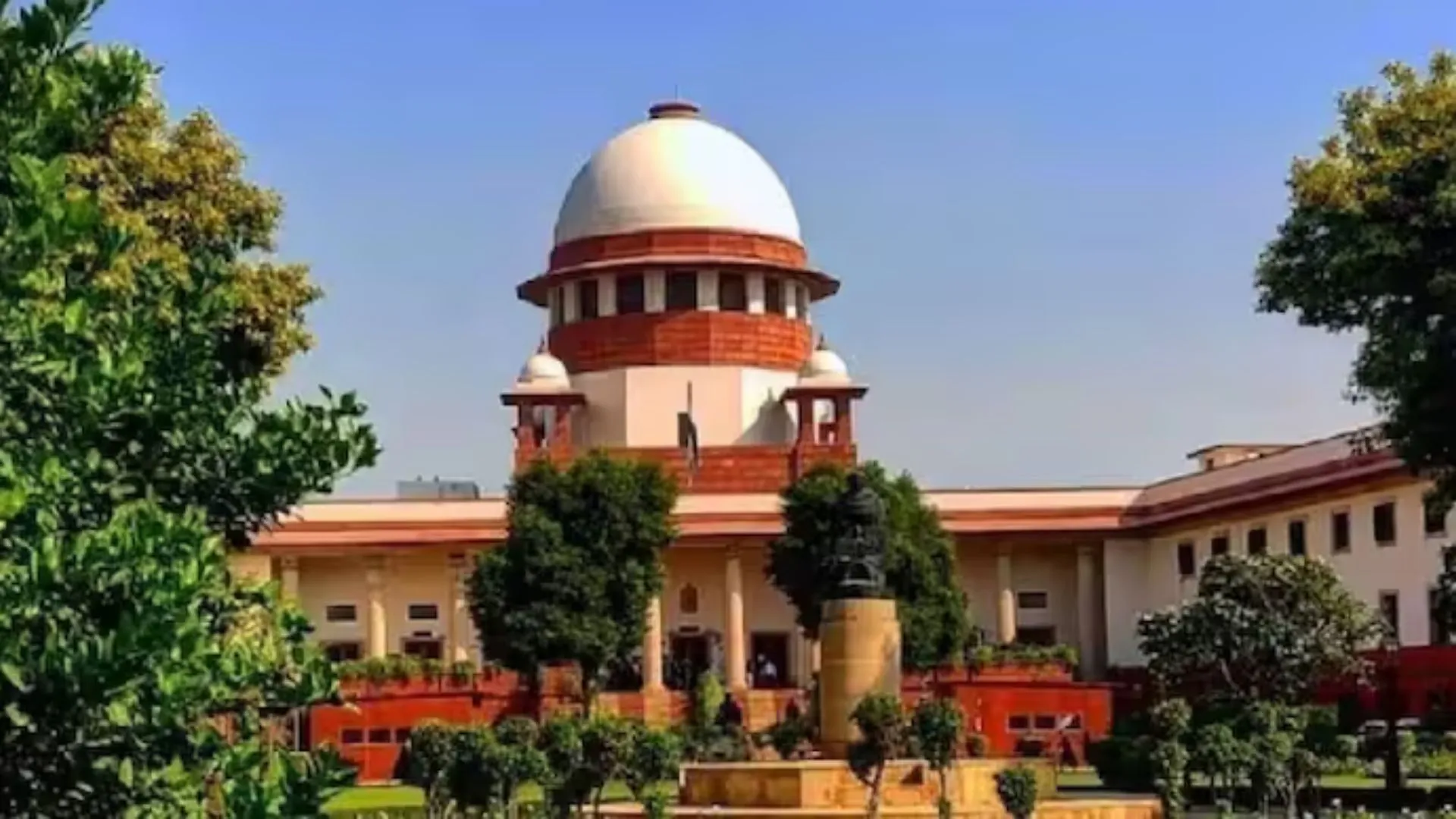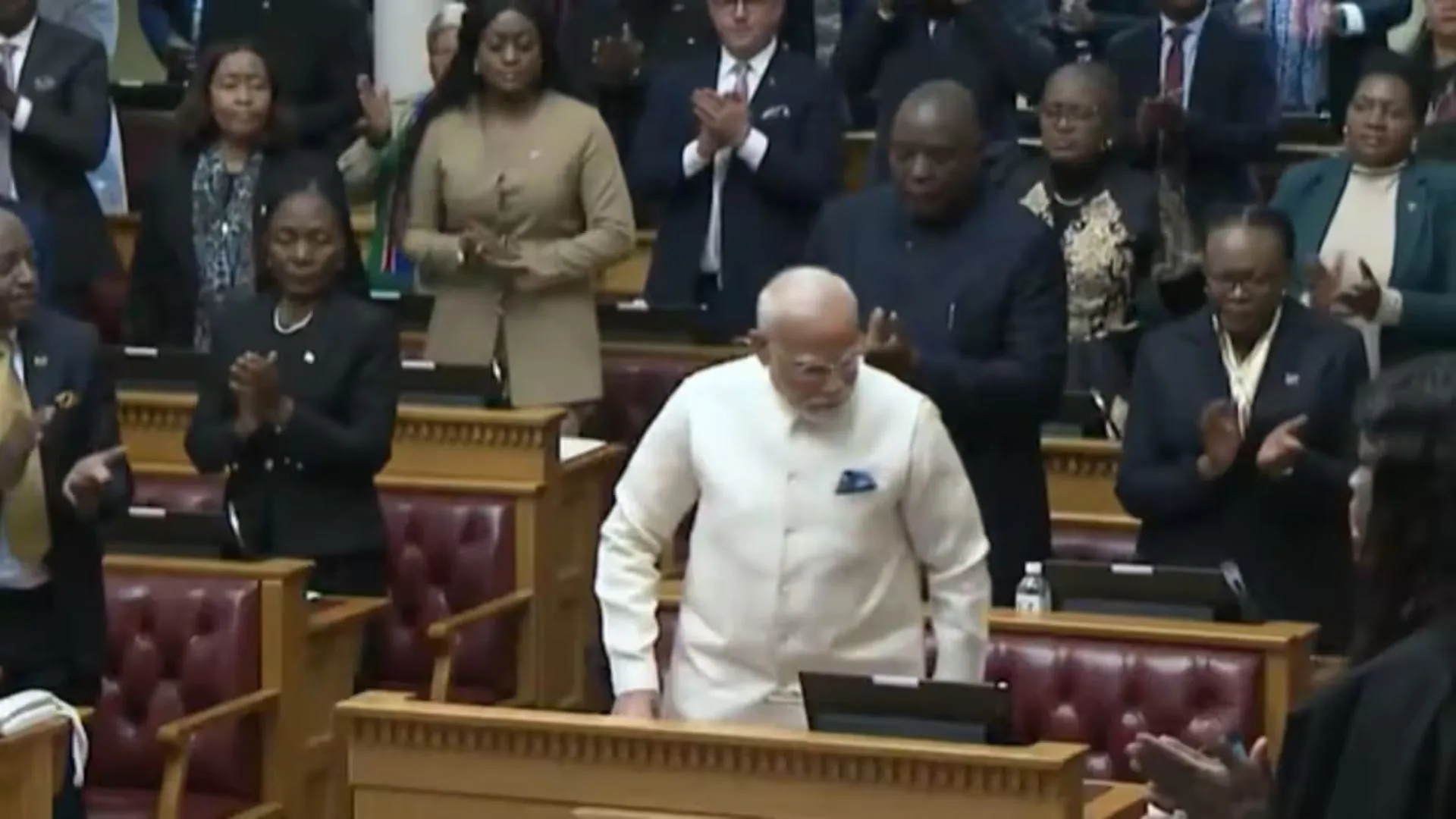The Supreme Court held on Tuesday that calling a person ‘Miyan-Tiyan’ or ‘Pakistani’ can be offensive but is not an offence of hurting religious sentiments. A bench of Justices BV Nagarathna and Satish Chandra Sharma made this remark while rejecting a case against a man who allegedly used these words for a government official.
The case was initiated by an acting clerk and an Urdu translator of Jharkhand. In accordance with the complainant, during a meeting with the accused for providing information for a Right to Information (RTI) request, the accused used slanderous language addressing his religion and prevented him from doing his job.
Subsequent to this event, a First Information Report (FIR) was lodged against the accused under Sections 298 (hurting religious sentiments), 504 (insult with intent to provoke breach of peace), and 353 (assault or criminal force to deter public servant from discharging duty) of the Indian Penal Code (IPC).
But reversing an earlier order of the Jharkhand High Court, the Supreme Court ruled, “The appellant is alleged to have offended the religious sentiments of the informant by referring to him as ‘Miyan-Tiyan’ and ‘Pakistani’. The words spoken indeed are in bad taste. But it cannot be said to be offending the religious sentiments of the informant.”
The bench further made it clear that there was no action by the accused which could have triggered violence or caused disturbance in public peace.
“Evidently, there was no assault or application of force on the part of the appellant to invoke Section 353 IPC (assault or criminal force to deter public servant from discharging duty),” the court said.
With this verdict, the Supreme Court essentially put an end to the case against the accused by pointing out that although such a statement is uncalled for, it is not a criminal offense under the given IPC sections.





















